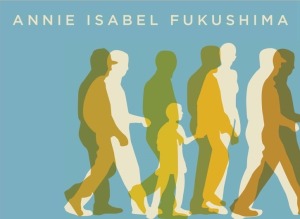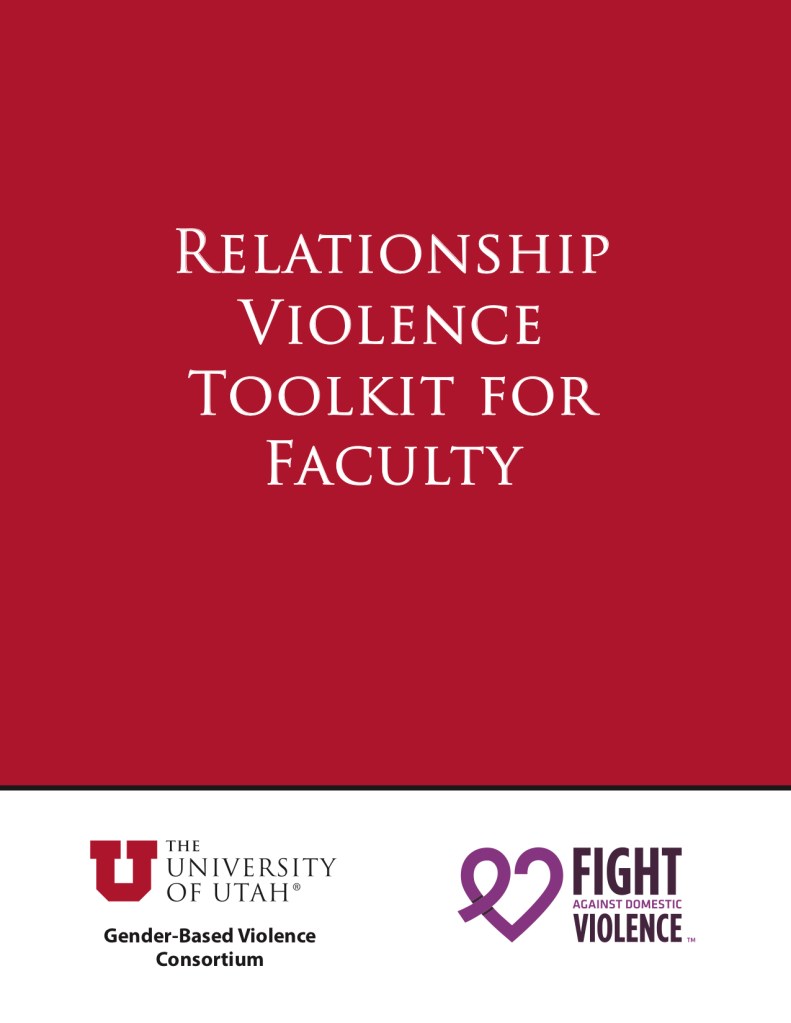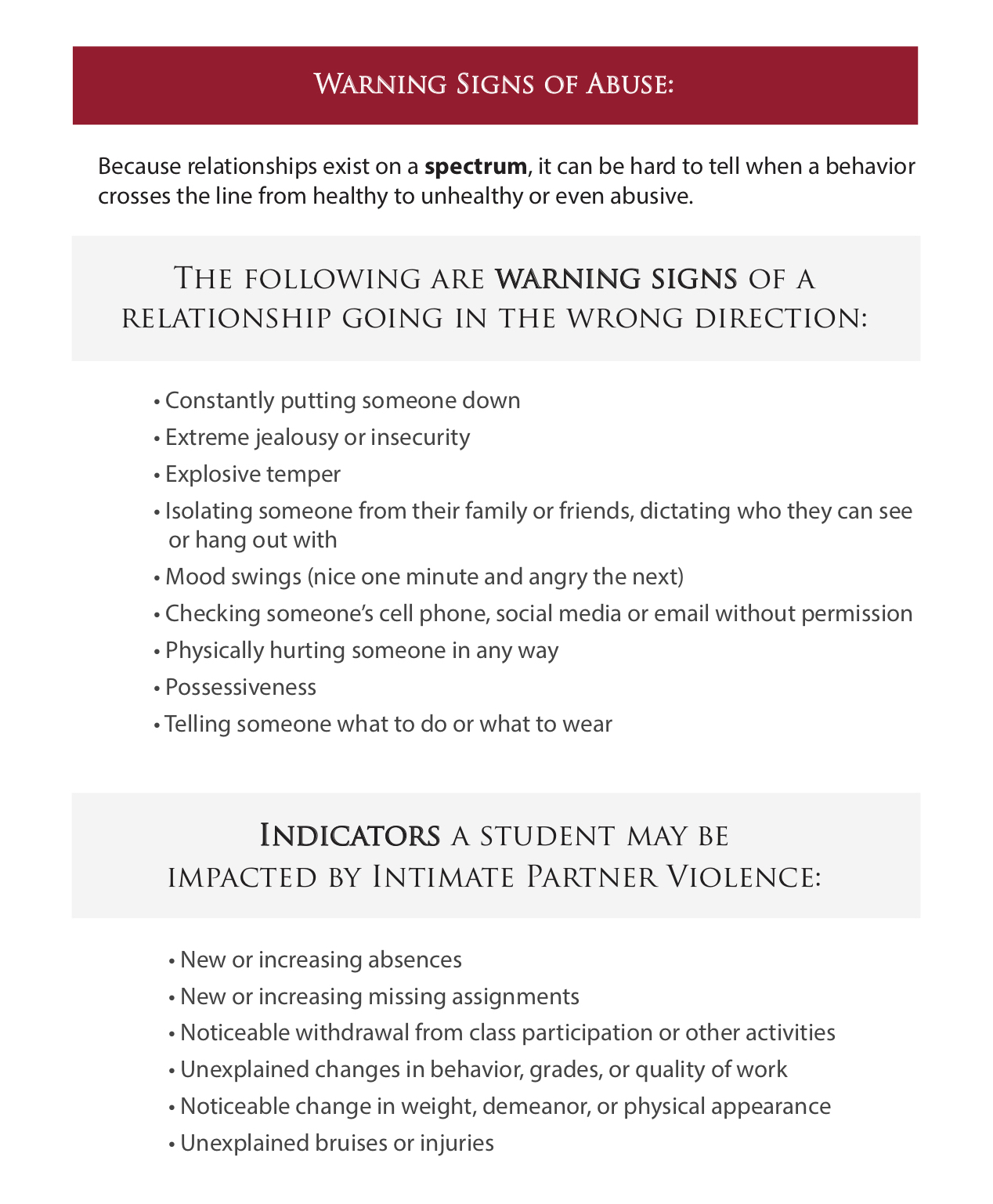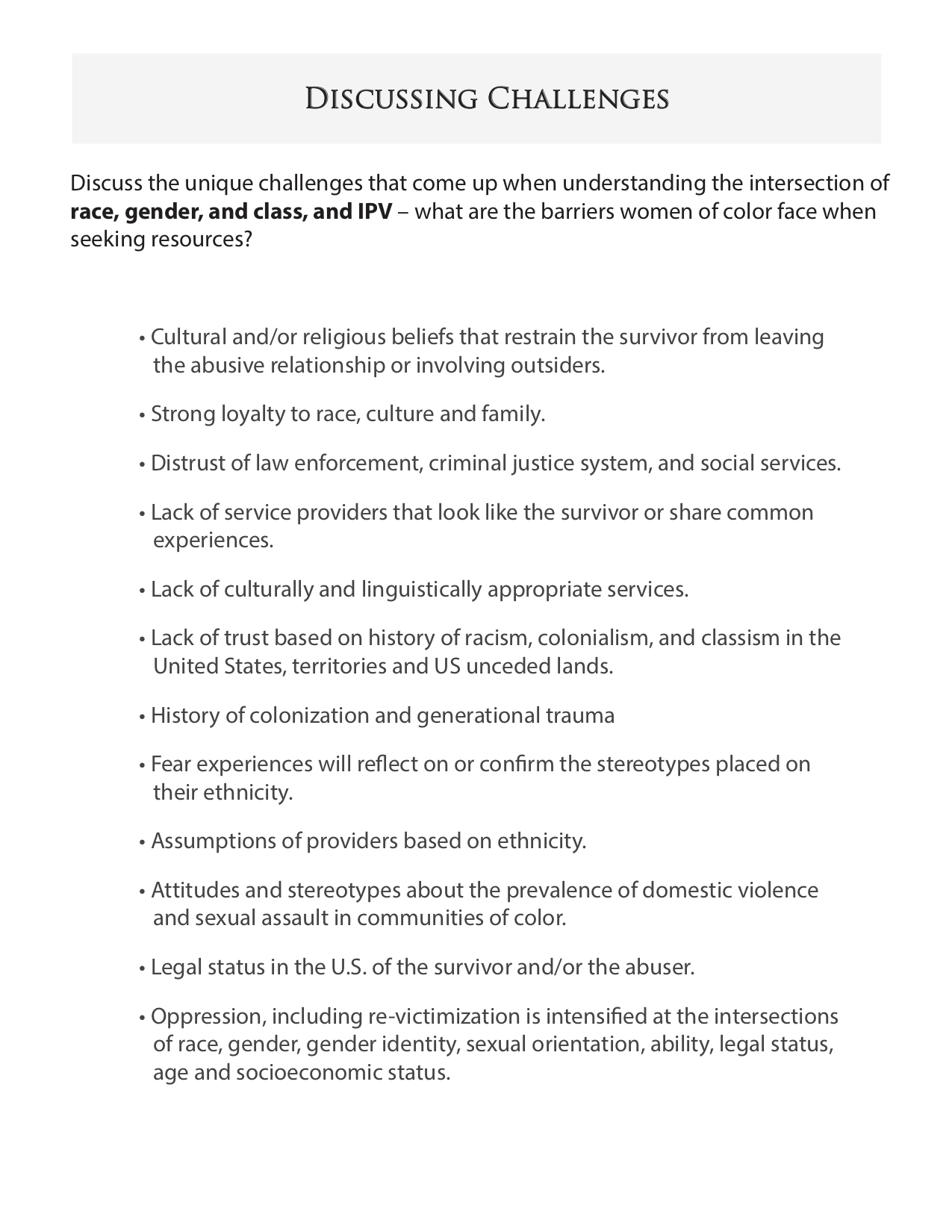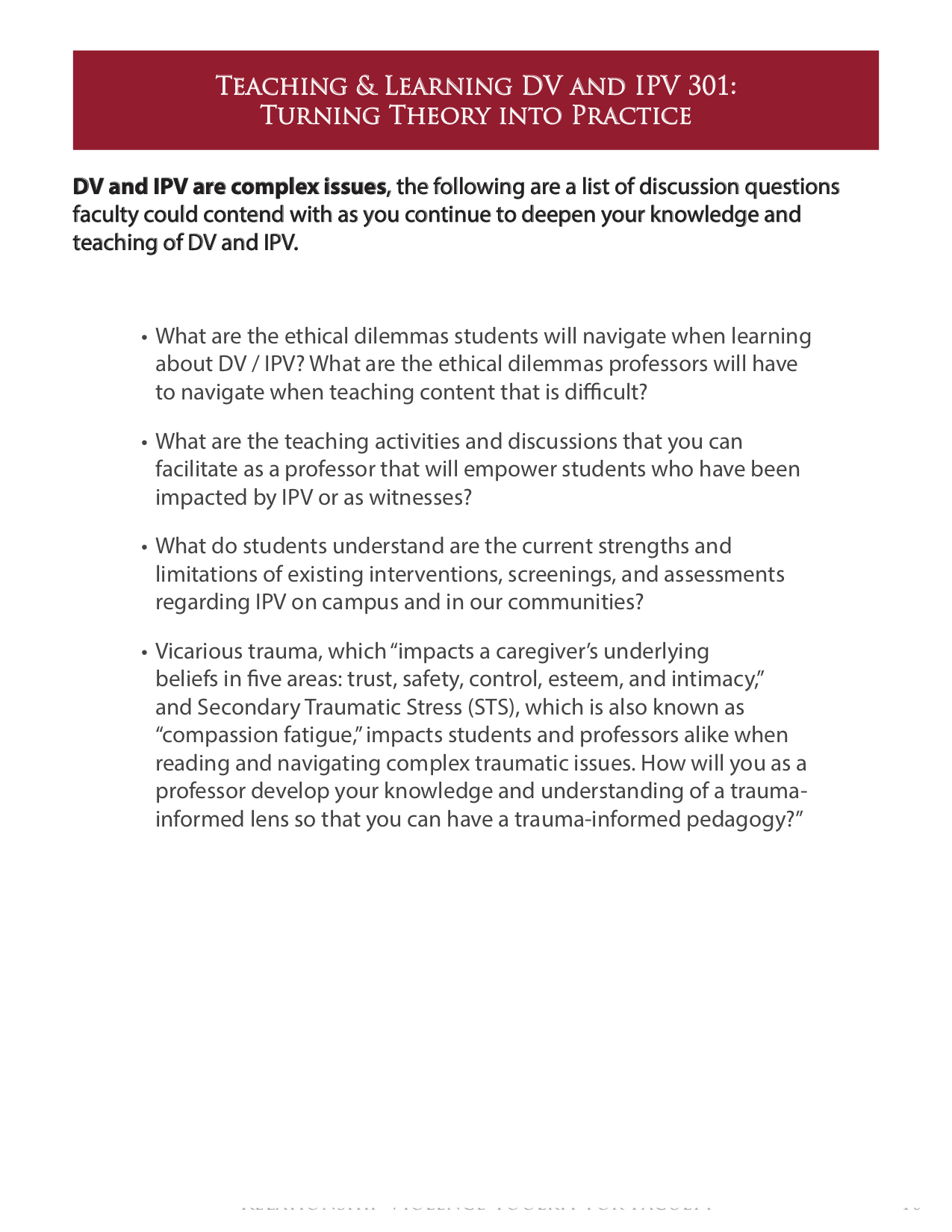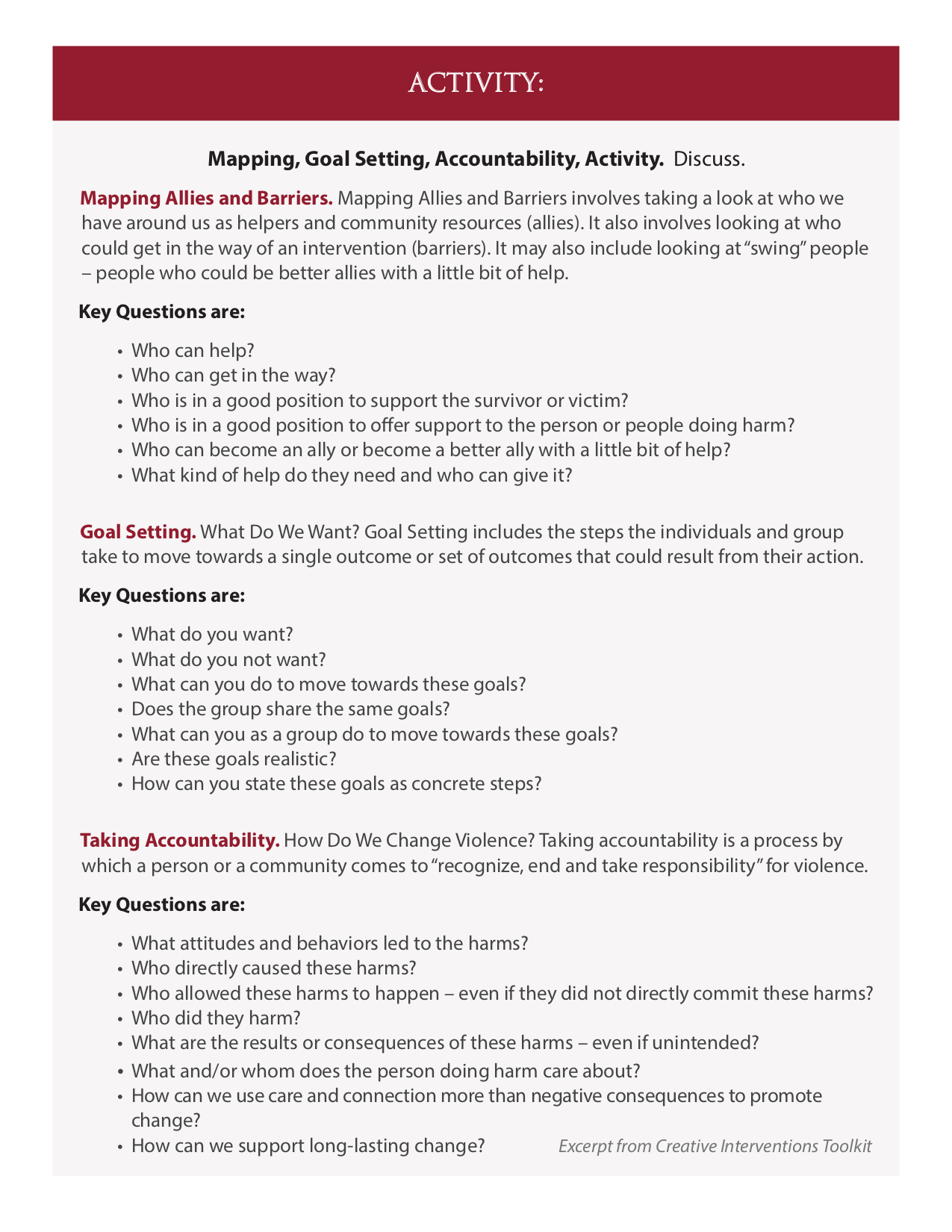Check out the podcasts from Asian American Politics, fall 2021
Category Pedagogies
Chicana/x & Latina/x Feminisms 2021 – Podcasts
Chicana/x and Latina/x Feminisms
Ethnic Studies 5730-090 / Gender Studies 5730-001
Course location: Online
Spring 2021
Professor: Dr. Annie Isabel Fukushima
Podcasts
Check out the playlist:
Asian American Politics Fall 2020
Check out my student’s and their podcasts. They have choice between a research paper or creating a podcast.
Relationship Violence Toolkit for Educators
During #DVAM2020 the University of Utah’s Gender-Based Violence Consortium partnered with Fight Against Domestic Violence to create the “Relationship Violence Toolkit for Educators.” The toolkit is for educators, where content is organized to include suggestions for teaching from those new to the issues (101) to those more advanced in their knowledge (201 and 301).
The Gender-Based Violence Consortium at the University of Utah brings together an interdisciplinary team of scholars representing multiple colleges across campus. The consortium is an inter-professional collaboration, a campus scholarly network that embodies an academic commitment to sharing knowledge, supporting long-term collaborations through research hubs, creating programming, sharing teaching and responding to gender-based violence in Utah.
The mission of Fight Against Domestic Violence is to generate resources for domestic violence survivors and service providers through corporate, individual, and community partnerships.
Special acknowledgements to the authors and co-creators of the toolkit: Brooke Muir (Fight Against Domestic Violence), Heather Harris, Dr. Jessie Lynn Richards (University of Utah), Dr. Annie Isabel Fukushima (University of Utah), and Diane Le Strain (University of Utah).
To receive updates about gender-based violence, learn more about how you may be involved, please contact Dr. Annie Isabel Fukushima gbvc@utah.edu.
Title IX
Summary of Title IX Final Rule
NVRDC Fact Sheet about new Title IX Regulations
Links for Title IX Coordinators & Reporting Procedures for students
Issues students face:
- Confidential v. nonconfidential resources
- Roles of mandated reporters – students, faculty, staff
- Student legal representation, particularly low-income survivors
- Safety v. prevention initiatives
- Re-traumatization
Resources
Professors’ Experiences With Student Disclosures of Sexual Assault and Intimate Partner Violence: How “Helping” Students Can Inform Teaching Practices
Branch, Kathryn A ; Hayes-Smith, Rebecca ; Richards, Tara N
Feminist Criminology, 2011-01, Vol.6 (1), p.54-75
Survivors of Gendered Violence in the Feminist Classroom
Lee, Janet
Violence Against Women, 2008-12, Vol.14 (12), p.1451-146
Seeing Life in their Shoes: Fostering Empathy Toward Victims of Interpersonal Violence through Five Active Learning Activities
Clevenger, Shelly ; Navarro, Jordana N ; Gregory, Lydia K
Journal of Criminal Justice Education, 2017-07-03, Vol.28 (3), p.393-410
https://www.utcourts.gov/abuse/protective_orders.html
https://nationallatinonetwork.org/images/files/NO_MAS_INFOGRAPHIC.pdf
https://nationallatinonetwork.org/images/Latin_DV_Stats.pdf
doj.state.or.us/wp-content/uploads/2017/08/women_of_color_network_facts_domestic_violence_2006.pdf
https://wocninc.org/wp-content/uploads/2018/11/DVFAQ-1.pdf
How to Support
Utah’s Domestic Violence Coalition
Utah Coalition Against Sexual Assault
Rape Recovery Center Crisis Line 801-467-7273
Campus Resources
Contact a Victim Advocate advocate@sa.utah.edu
University Police 801-585-2677
Register for Asian American Politics with Dr. Fukushima – Fall 2020
Call for papers: Anti-Trafficking Education: Pedagogy, Policy, and Activism
https://www.antitraffickingreview.org/index.php/atrjournal/announcement/view/27
https://www.antitraffickingreview.org/index.php/atrjournal/announcement/view/27
2020-05-12
Anti-Trafficking Education: Pedagogy, Policy, and Activism
Guest Editors: Annie Isabel Fukushima, Annie Hill, and Jennifer Suchland
Deadline for submissions: 15 November 2020
Teaching and learning about trafficking far exceed the boundaries of the traditional student and classroom. Students range from novice to expert across various professions and industries as well as survivors of, and witnesses to, trafficking. From short-form workshops to long-term engagements, anti-trafficking education is a growing field that impacts multiple sectors, including the medical profession, social work, hospitality, travel, and law enforcement. In response to the proliferation of anti-trafficking education, this special issue of Anti-Trafficking Review will endeavour to assess, understand, and share pedagogical approaches and practices within the anti-trafficking movement.
Although anti-trafficking education is often localised, it has global and transnational implications. Educational offerings aim to cultivate a breadth of skills from identifying trafficking situations to training and supporting survivors, with impacts that not only affect practices and policies but also create knowledge about what constitutes trafficking. Programmes for survivors may be optional or mandatory and include vocational, language, or financial literacy classes. Anti-trafficking education is also institutionalised by local and national governments, and it appears in college classrooms, MOOCs (massive open online courses), and even, in some contexts, as part of legislated local responses to trafficking.
In addition to facilitating teaching and learning that prioritises trafficking interventions and survivor support, some educational strategies try to prevent human trafficking. As such, anti-trafficking education targets groups deemed at risk, particularly young people and potential migrants. For example, pre-departure trainings in Asia and Africa reveal how such interventions have grown from a public awareness focus to actualising efforts that prevent trafficking at its ‘source’.
This special issue of Anti-Trafficking Review invites scholars, activists, practitioners, survivors, and others involved in anti-trafficking education to evaluate and share how they disseminate knowledge about trafficking. In addition to generating much-needed assessments of anti-trafficking pedagogical practices, the special issue will consider how anti-trafficking education is a growing field where facts, truths, lessons, and approved interventions become established. This established (yet contested) knowledge circulates and competes for audiences and funding. Moreover, social justice projects – such as those advocating for the rights of migrants, workers, and incarcerated survivors of domestic and sexual violence, or demanding justice for murdered and missing Indigenous women – challenge racialised, gendered, colonial, and economic violence. Yet, there are tensions about whether and how anti-trafficking education diverts attention and resources away from these longstanding efforts.
We invite submissions that analyse anti-trafficking education in a variety of contexts and from diverse perspectives, as well as contributions that assess instructional materials, use or propose innovative pedagogies, and/or advocate for coalitional practices that teach about trafficking from an intersectional and cross-issue framework.
Contributors are invited to engage with, but need not limit themselves to, the following questions:
- What are the promising practices for educating anti-trafficking stakeholders (e.g., social service and healthcare providers, lawyers, activists, community-based organisation workers, etc.) and the people deemed vulnerable to trafficking, such as migrants and youth? What obstacles, assumptions, and side effects exist, and are they addressed by instructors and instructional materials? How are instructors trained and supported to deliver educational materials on trafficking?
- How do indigeneity, race, class, gender, nationality, and/or sexuality impact pedagogical approaches, practices, and student-instructor dynamics? Have western perspectives on human trafficking furthered imperial forms of knowing? What types of education are modelling practices that centralise indigenous and alternative ways of knowing, skill sharing, and disseminating information about human trafficking?
- How has the development of survivor-led outreach and educational programming altered teaching and trainings on human trafficking?
- What is the current landscape of online instruction on human trafficking? What opportunities and consequences arise when teaching in online contexts rather than in person? Additionally, what results from the proliferation of online and in-person pedagogical platforms as tools in anti-trafficking agendas?
- What might we learn by analysing the various constituencies that are drawn to, or required to, become informed on the topic?
- What are the goals and results of trafficking education for scholars, activists, practitioners, students, and people affected by trafficking and anti-trafficking agendas? How are goals and results measured, and how might negative effects (e.g., misinformation, re-traumatisation, misguided interventions) be mitigated against when planning and implementing educational materials and experiences?
- How can anti-trafficking pedagogical practices connect to and reinforce longstanding social justice initiatives, such as those advocating for the rights of migrants, workers, incarcerated survivors of domestic and sexual violence, and indigenous and native sovereignty? How are trainers and educators creating and advancing anti-trafficking curricula and content in coalition with affinity movements (e.g., immigration, anti-racist, feminist, labour, etc.)? How can such education connect social justice work with other critical anti-trafficking approaches?
Deadline for submissions: 15 November 2020.
Word count for full article submissions: 5,000 – 7,000 words, including footnotes, author bio and abstract.
In addition to full-length conceptual, research-based, or case study thematic papers, we invite authors to contribute short pieces for a Forum Section on the topic of trafficking and education. We particularly encourage practitioners with diverse expertise in trafficking education to reflect on their experiences, teaching strategies, curriculum design, and/or target audiences in order to provide practical examples and advice for others in the field of trafficking education. We envision contributors potentially offering sample exercises, syllabi, or education materials as well as exploring the challenges and benefits involved in educating different groups about trafficking.
Word count for Forum submissions: 1,000 – 1,200 words, including footnotes and author bio.
We advise those interested in submitting to follow the Review’s style guide and submission procedures, available at http://www.antitraffickingreview.org/. Manuscripts should be submitted in line with the issue’s theme. Email the editorial team at atr@gaatw.org with any queries.
Special Issue to be published in September 2021.
Mobility & Temporality – May the 4th with Migratory Times
May 4th, 10AM PDT / 1PM EDT / 7PM CEST
Register
bit.ly/migratorytimessalon

You are invited to a Salon on Mobility & Temporality with Migratory Times. Migratory Times is a project of the Institute of (im)Possible Subjects and Center for Arts, Design and Social Research. IiS is a transnational feminist collective producing art and education events and a collectively edited online open access journal of art and writing. Center for Arts, Design and Social Research, Inc., US based non-profit 501(c)3 organization supporting independent arts, design, and research focused on positive social impact, globally.
With Crystal Baik (University of California, Riverside), Anyely Marin and Rebecca Close (Critical Dias, Spain), José Manuel Cortez (University of Oregon), Romeo García (University of Utah), Latipa (University of California, Riverside), Jackline Kemigisa (Uganda), Isabelle Massu (Institut des Beaux Arts de Besançon, France), Alejandro Perez (Berkeley City College), Jennifer Reimer (FWF Lise Meitner), Daphne Taylor-Garcia (University of California, San Diego).
Facilitators: Annie Isabel Fukushima & Dalida Maria Benfield (Migratory Times)
Mentees presenting at Undergraduate Research Symposium at University of Utah
Check out some of my mentees presenting their projects at the Undergraduate Research Symposium. #proudprofessor.
ALEXANDER HIRAI – LOSS ASSOCIATED WITH JAPANESE AMERICAN INCARCERATION

JENNY HOBBS – WOKBE: IMPLICIT BIAS WEB APP PILOT

JOCELYNE LOPEZ – HABLEMOS SALUD

VERONICA LUKASINSKI – THE IMPACT OF THE NON-FATAL STRANGULATION PROTOCOL IN SALT LAKE COUNTY ON PROTECTIVE ORDERS

ALEX SON – STRENGTHENING COMMUNITIES

Honoring Human Trafficking Awareness Day – Teaching about Human Trafficking Fall 2019
To honor human trafficking awareness day, I would like to share content created by students at the University of Utah.
SW 6621 / SW 5830 at University of Utah
Semester: Fall 2019
University of Utah
An Online Course
Professor Annie Isabel Fukushima
This course was an upper division undergraduate and graduate online human trafficking elective course designed to introduce students to contemporary human trafficking, both domestically and globally. Students learned about important terminology and types of trafficking, indicators of and contributors to this issue, and policy debates regarding appropriate intervention. They grappled with theories and debates on human trafficking, labor exploitation, sexual economies, child abuse, immigration, intersecting forms of violence and poly-victimization, trauma, culture, legal systems, media representations, prevention, and a range of modalities to respond to trafficking and violence from micro to macro contexts.
As students learned about human trafficking, discussed with each other the content, watched videos, and read content, through their regular engagement with course content, it was an honor to be part of their journey in shifting in understanding and knowledge on complex issues. Even as we connected on the web, students connected to each other through their words, and for some, eventually, through image and sound.
This web publication of student created content is dedicated to remembering those who survived, lived through, continue to survive, passed on, and are dying from forms of violence such as human trafficking.
Students in the online course created a range of content – video, podcasts, scholarly writing, addressing issues regarding a twenty-first century concern: human trafficking. The content created by students do not necessarily reflect the opinions of Dr. Fukushima.
About the professor: Dr. Annie Isabel Fukushima is an Assistant Professor in the Ethnic Studies division at University of Utah. Dr. Fukushima is author of the book Migrant Crossings: Witnessing Human Trafficking in the US (Stanford University Press, 2019). She has authored multiple scholarly and public works on issues of violence, race, gender, and immigration. And has served as an expert witness on human trafficking for a range of courts in California, Colorado, Utah, and Washington.
Videos
Podcasts
Scholarly Papers
Select few scholarly papers written by graduate students at University of Utah. Do not recirculate, reproduce, or cite without the author’s expressed permission.

Tiempos Migratorios: 11/8/17 – 11/9/17
“Pedagogies of the Zombie”
https://convention2.allacademic.com/one/theasa/theasa17/index.php?cmd=Online+Program+View+Paper&selected_paper_id=1260218&PHPSESSID=l21jg6scm9iim2j90r7ik4dhi3
In Event: International Committee Talkshop II: Pedagogies of Dissent in A Global Context
Fri, November 10, 2:00 to 3:45pm, Hyatt Regency Chicago, Horner, Third Floor West Tower
Abstract
The image of the zombie as a figure is iconic. The zombie is Frankenstein’s monster, the figure through which Mary Shelley transgressed women’s roles in the 1800s by writing about it. In the 1970s, the zombie figure was articulated through imagery of the wives of Stepford – she was zombie-like submissive woman. Today it has multiple meanings from the person controlled through voodoo rituals, to the brain eating human chasing monster, to the warm heart zombie that falls in-love and becomes human again. The zombie is a resurrected figure through which alterities are reinforced, imagined, and disrupted. It raises ontological questions regarding who and what counts for as the human. The living dead are also social and historical figures that rise up, haunt and stalk the living. The living dead encompass when a history of colonization, genocide, death, slavery, an American apartheid furthered by racism, sexism, and classism, and transnational migration and diasporic subjectivities, are reanimated for the living as the living dead. At times the living dead makes visible ghostly matters. Zombies are not just about the danger – they represent societal concerns, anxieties, and hopes for another kind of future. In neoliberal modern colonial economic systems, are zombies a mechanism of survivance? They raise questions regarding the haunting – sociological, imaginary, and historical – creating a scene of witnessing. Through the living recuperation, recovery, reclamations, appeals to witnessing are made possible. Dr. Fukushima and Dr. Pillow offer reflections and a framework, through a course they team taught at University of Utah – Zombie Futurities. In analyzing the course curriculum, the context in which we were teaching, and the narratives of social death and zombification circulating in politics and media, we put forth a pedagogies of the zombie. A pedagogies of the zombie is methodology of teaching that centralizes decolonial feminisms, anti-racist theory, and gender, to understand how subjects and practices create social death, the living, dead, and hauntings, that may be contended with in the classroom.
Authors
Annie Isabel Fukushima, University of Utah
Wanda Pillow, University of Utah
